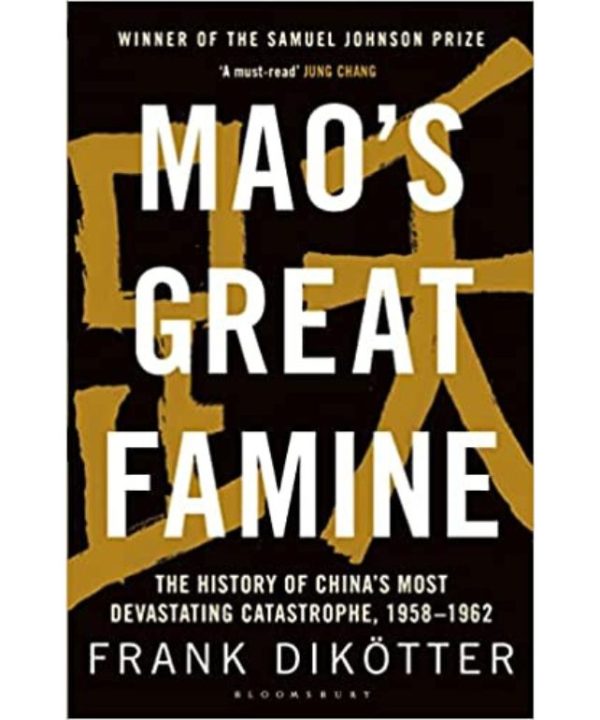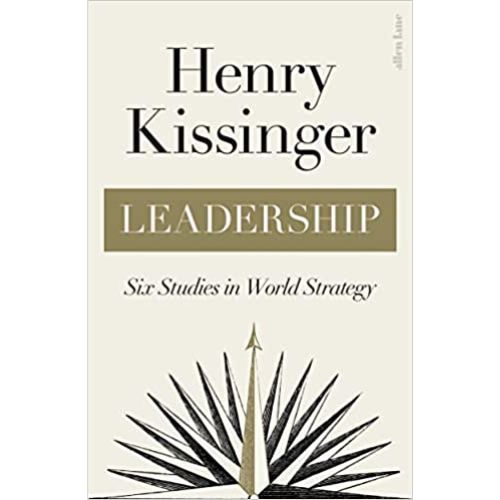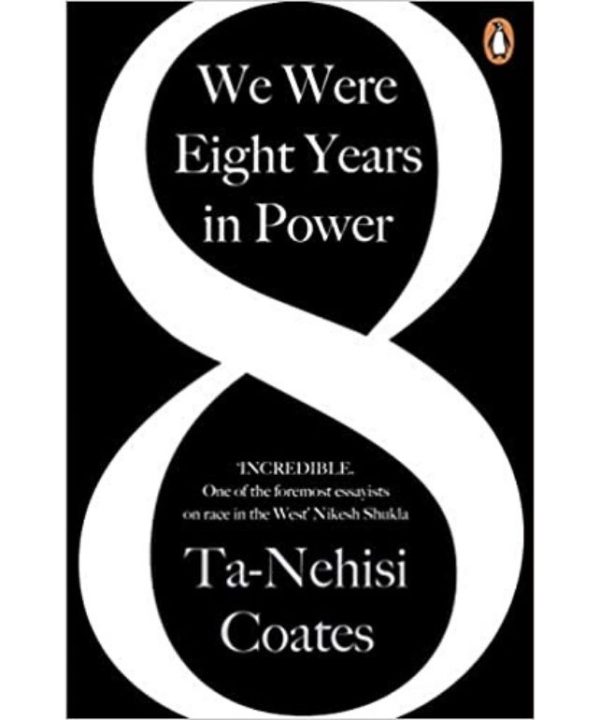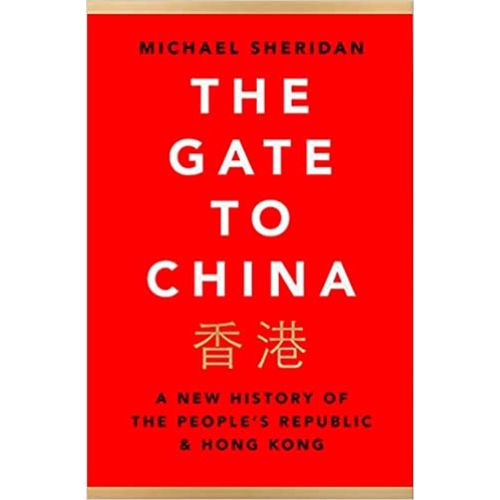-
×
 Much Ado About Nada
1 × ₦12,500.00
Much Ado About Nada
1 × ₦12,500.00 -
×
 African Entrepreneurs and their Success Stories
1 × ₦1,500.00
African Entrepreneurs and their Success Stories
1 × ₦1,500.00 -
×
 Purpose in Crisis
1 × ₦5,000.00
Purpose in Crisis
1 × ₦5,000.00 -
×
 The Islamic State in Africa: The Emergence, Evolution, and Future of the Next Jihadist Battlefront by Jason Warner (Author), Ryan Cummings (Author), Héni Nsaibia (Author), Ryan O'Farrell (Author)
1 × ₦14,000.00
The Islamic State in Africa: The Emergence, Evolution, and Future of the Next Jihadist Battlefront by Jason Warner (Author), Ryan Cummings (Author), Héni Nsaibia (Author), Ryan O'Farrell (Author)
1 × ₦14,000.00 -
×
 Your Problem is That You're Multi-talented
2 × ₦5,000.00
Your Problem is That You're Multi-talented
2 × ₦5,000.00 -
×
 The Lagos Love Journals: The Lekki Bride
1 × ₦10,000.00
The Lagos Love Journals: The Lekki Bride
1 × ₦10,000.00 -
×
 Doing The Impossible
1 × ₦2,500.00
Doing The Impossible
1 × ₦2,500.00 -
×
 Selected Plays
1 × ₦8,000.00
Selected Plays
1 × ₦8,000.00 -
×
 My Command: An Account of the Nigerian Civil War 1967-1970
1 × ₦6,900.00
My Command: An Account of the Nigerian Civil War 1967-1970
1 × ₦6,900.00
You may be interested in…
-
Add
 Getting Mentorship Right
Rated 5 out of 5₦5,000.00
Getting Mentorship Right
Rated 5 out of 5₦5,000.00











Reviews
There are no reviews yet.